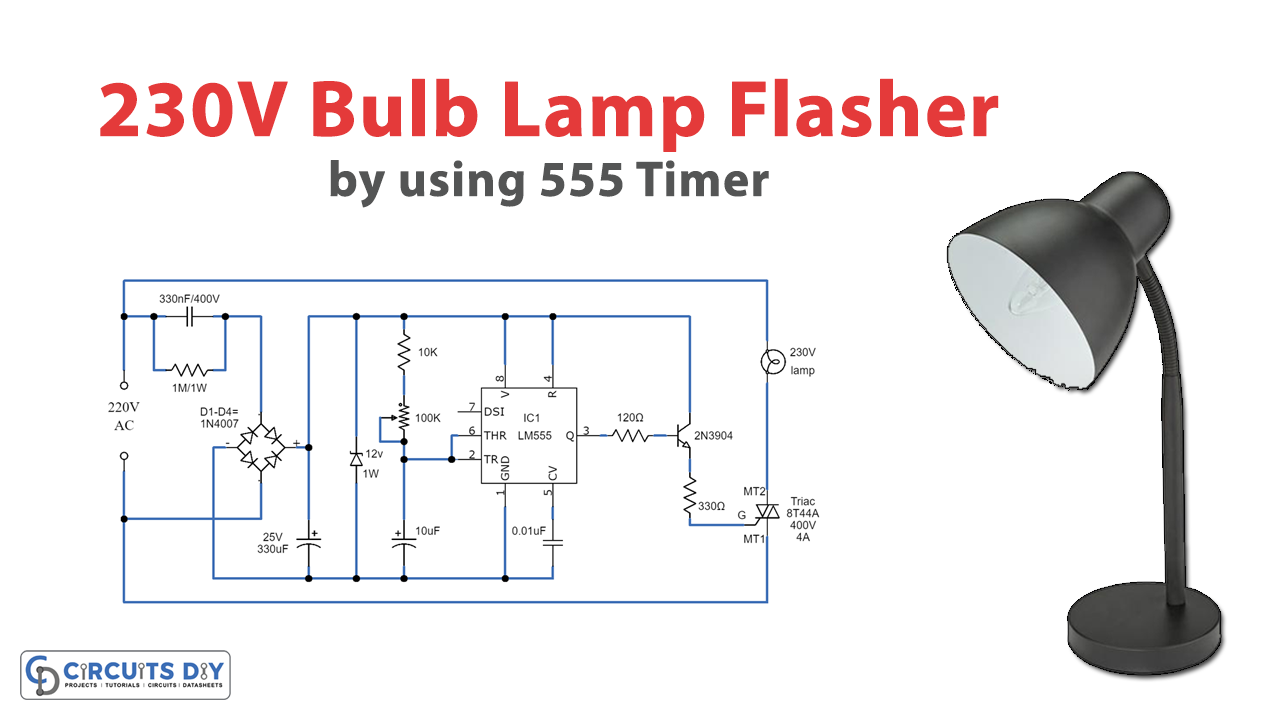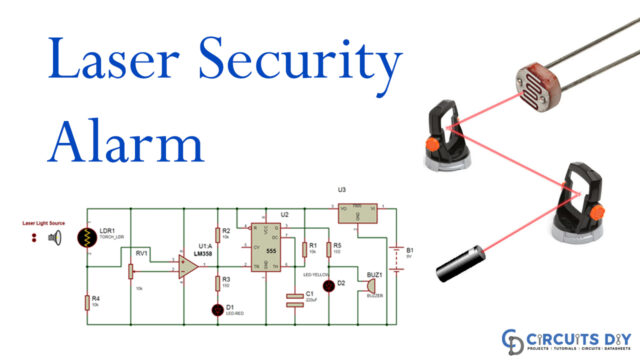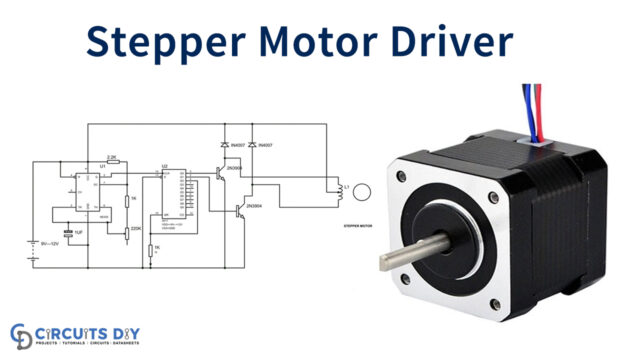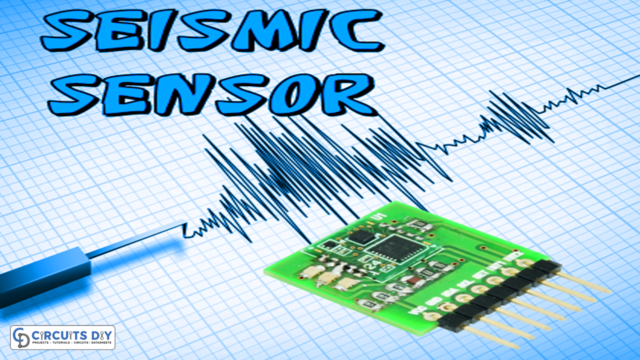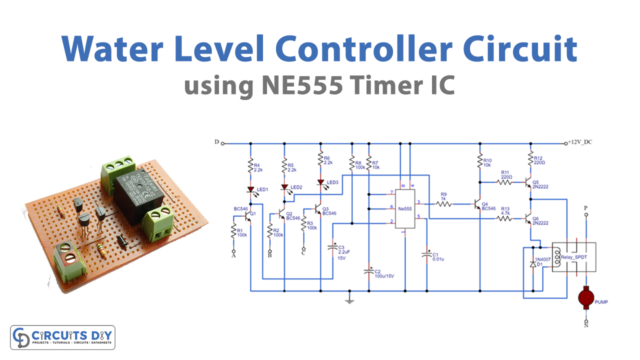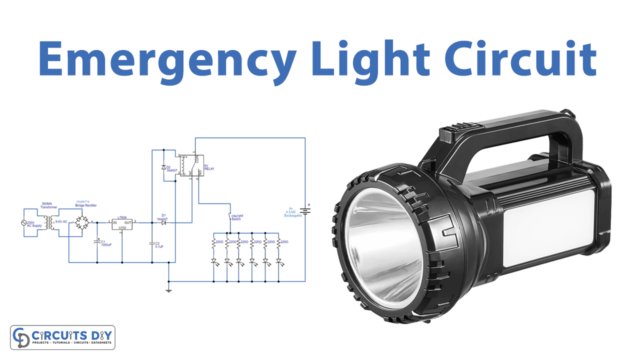The following circuit is a primarily operated flasher circuit that utilizes switching a couple of CFL or 220V/120V light bulbs to deliver a flashing impact. Meanwhile, the circuit delineates a primary main operated an alternate or dual light flasher, used to flash two main-operated AC bulbs. On the other hand, the flashing speed is likewise controlled by the 100k potentiometer alterations.
Meanwhile, the 230V AC bulb flasher circuit works around a 555-timer IC operating here as an Astable Multivibrator. The triac 8T44A is determined through a 2N3904 semiconductor. Any comparative transistor and triac will work here. Amazingly, the circuit is not utilizing any transformer here, that’s why this circuit’s overall cost is pretty low.
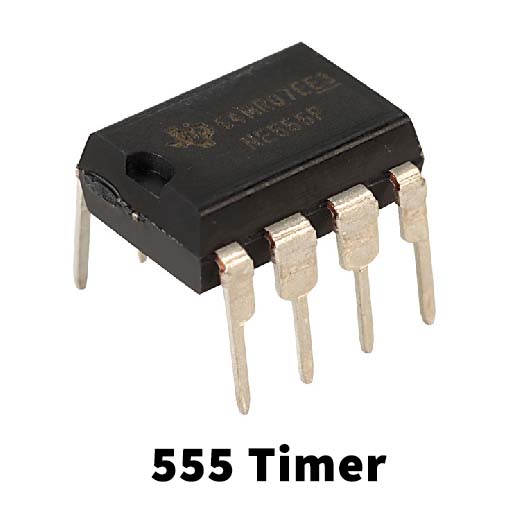
Hardware Components
The following components are required to make a 230V Bulb Flasher Circuit
| S.no | Component | Value | Qty |
|---|---|---|---|
| 1. | IC | NE555 Timer | 1 |
| 2. | Transistor | 2N3904 | 1 |
| 3. | Triac | BT44A 400V 4A | 1 |
| 4. | AC Lamp | 230V | 1 |
| 5. | Zener diode | 12V 1W | 1 |
| 6. | Diode | 1N4007 | 4 |
| 7. | Resistor | 1M/1W, 330 ohms, 10k, 120 ohms | 1, 1, 1, 1 |
| 8. | Potentiometer | 100k | 1 |
| 9. | Ceramic Capacitor | 330n F/400V, 0.01uF | 1 |
| 10. | Electrolytic Capacitor | 330uF, 10uF | 1 |
| 11. | AC adapter | 220V | 1 |
NE555 IC Pinout
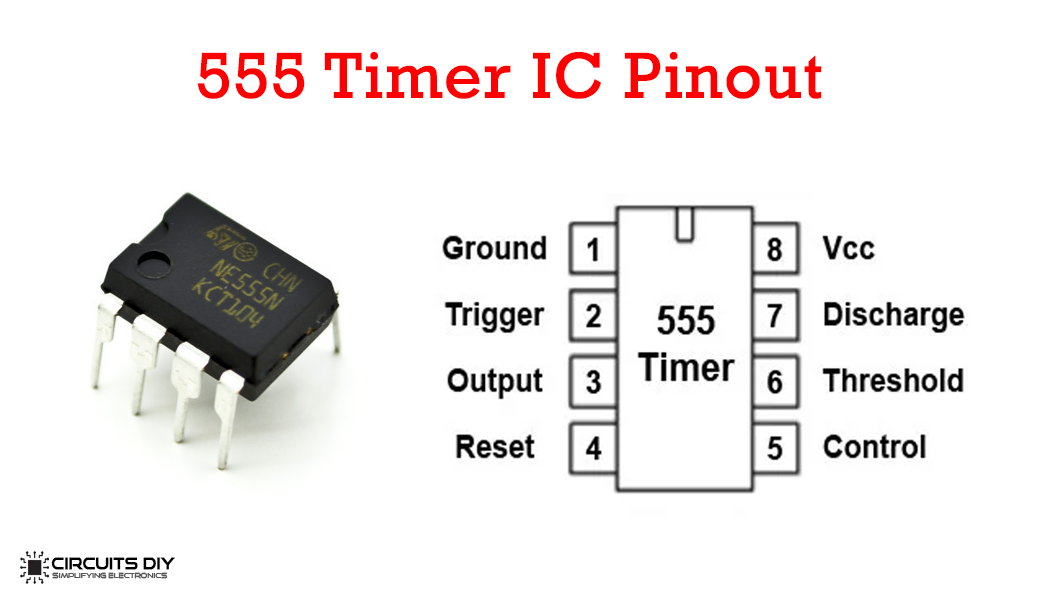
For a detailed description of pinout, dimension features, and specifications download the datasheet of 555 Timer
2N3904 Pinout

For a detailed description of pinout, dimension features, and specifications download the datasheet of 2N3904
230V Bulb Flasher Circuit

Working Explanation
The whole circuit is controlled through a short 220V/12V power supply without using any transformer. However, the circuit is built by utilizing a high-voltage capacitor 330nF/400V, a rectifier diode, and a 12V Zener diode. The 330nF capacitor drops the 230V of AC mains; this drops the yield voltage amends by the 1N4007 diodes. A 12V 1-watt Zener diode drops the voltage originating from the capacitor power supply to work the bulb flasher circuit.
Moreover, the flashing speed can be constrained by changing the 100K variable resistor. The circuit is legitimately associated with the mains flexibly. Therefore, please note that you don’t contact any segment or wire when it is powered.
Applications and Uses
Common applications are:
- Party and special occasion lighting
- Home and shop decoration
- Ceremonies etc.

